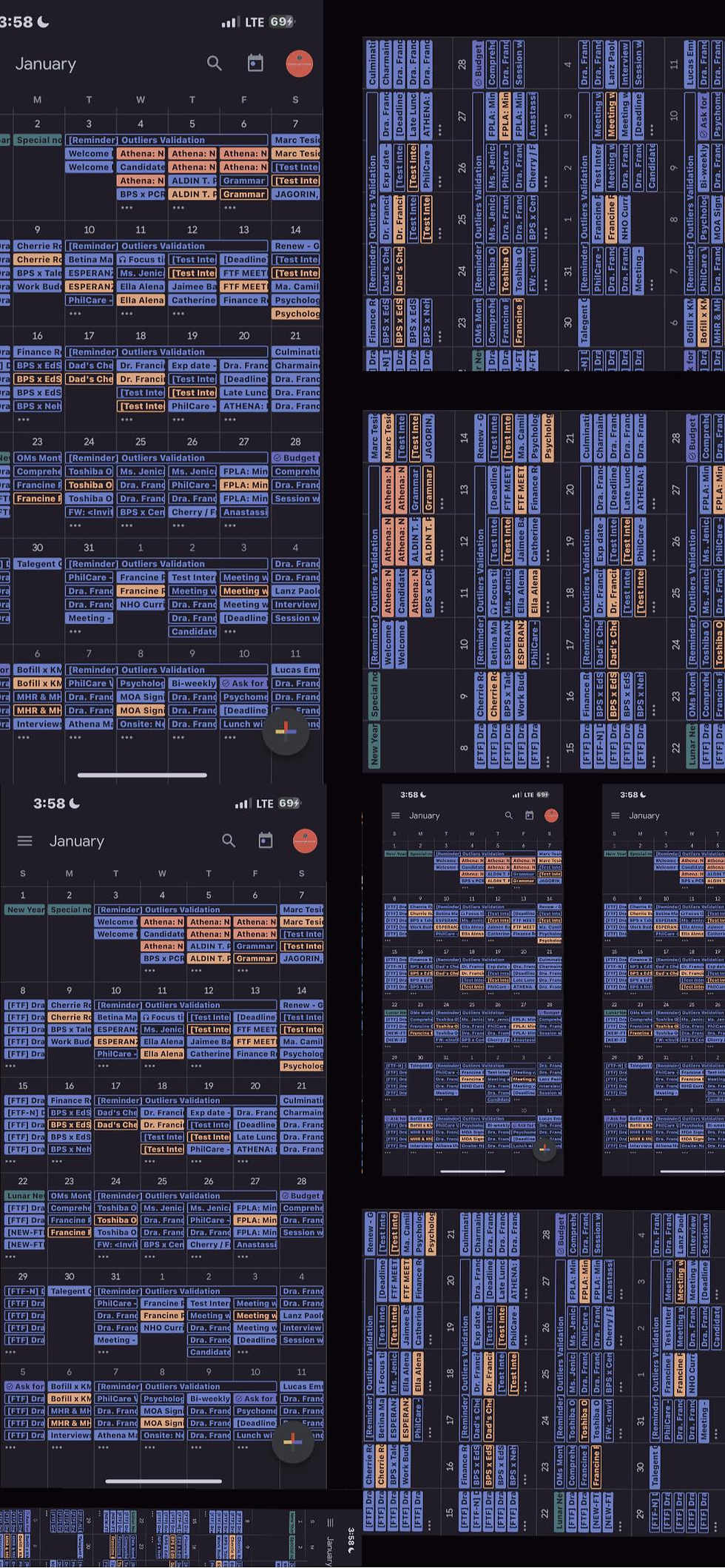Being a Student: Coping with Pandemic
- Marie Joy Dela Cruz
- Feb 14, 2022
- 4 min read
Among the consequences that the global pandemic has brought, one of the constituents that received a detrimental effect was the education system of the Philippines. Since the safety of every Filipino is highly prioritized, as a precautionary measure, the Philippine government implemented an online learning modality for the students, wherein it maximized the learning opportunities of the students while staying at their home (Yokoyama, 2019). Indeed, no one was able to anticipate the impact of coronavirus. As a result, the students, parents, and educational institutions alike were not immediately prepared for the sudden changes regarding the online classes. Every educational institution stopped operating for a few months in order to align the previous curriculum to the new normal. With the matter at hand, the proposal of having a mass promotion of the students emerged to alleviate the burden of the online classes (San Juan, 2020). In addition, calls for suspension of Academic Year 2020-2021 arose, while numerous factors are laid out as to why an academic freeze is reasonable considering the welfare of the Filipino students (Sape & Aquino, 2020).
Notwithstanding the sentiments presented, the Department of Education (DepEd) and Commission on Higher Education (CHED) remained steadfast on their decision to continue the education amidst the coronavirus pandemic. As stated by Briones, the DepEd secretary, “education must continue even in times of crisis” (Dacanay, 2020). That being said, numerous students opted to enroll in the institution despite the Philippines’ lack of preparedness in the execution of distance learning. After the academic year has started, calls for academic freeze circulated and dominated within cyberspace. Citing the #AcademicFreezeNow, numerous students shared their predicaments regarding the online classes (Madarang, 2020). To highlight, Dacanay (2020) indicated that the Philippines lack the financial means to proceed with online distance learning due to it being an anti-poor and listed the effect of the system change on the mental health of the students.
Considering the significant changes from face-to-face interaction into online distance learning, the Philippine education system proceeded as planned and followed distance learning. Given that this pandemic imposed numerous challenges and affected the mental health of the students, the Department of Psychiatry (2021) from the University of Michigan listed five measures or strategies of coping for the students during this pandemic. First on the list is about knowing that it is all right to feel those emotions and feelings. At the time of unexpected situations, experiencing sadness, frustration, anxiety, or anger is reasonable. Students are allowed to feel these emotions and communicate with others. Acknowledging one’s feelings is the first step for managing those emotions. Following is maintaining a routine. Being able to start a day similar to the previous one allows better management of mental health. More than that, students must set a goal for coursework that needs to be completed on a specific day. Having a healthy diet and doing physical activity included in one’s routine highlights a flourishing physical and mental well-being. Another measure is practicing good sleep hygiene. Having seven to nine hours of sleep is one of the easiest things to do in coping up with this pandemic. However, given that the students have free reign with their schedule, it was often overlooked and failed to execute. Fourth on the list is connecting with others. During these trying times, being lonely and secluded are easily manifested. However, having an effort to maintain a social connection through chats, and phone calls, especially with family and friends greatly help in proceeding with the day. Lastly, the students need to take a break. Stepping away from academic responsibilities once in a while and enjoying the things that can rejuvenate oneself is certainly fine (Department of Psychiatry, 2021). Furthermore, according to Kwaah and Essilfie (2017), having positive coping strategies are essential, particularly in distance learning. These strategies include praying or meditation, self-distraction, such as watching movies or listening to music, and having emotional and instrumental support from families, friends, and teachers (Kwaah & Essilfie, 2017).
Indeed, the following strategies could help the students to go on with their lives and proceed as follows. However, if the situation goes out of hand and leads to circumstances that are unable to handle by oneself, every student must remember to seek professional help. Institutions have counselors and psychologists that can help them. Reaching out for additional support does not make a person less shameful. Similar to taking care of physical health, prioritizing mental well-being is an essential factor to lead a healthy life.
References:
Dacanay, K. C. (2020, August 13). Why “Academic Freeze” is Our Best Option Now. Pluma Manila.
Department of Psychiatry. (2021). Coping with the COVID-19 Pandemic as a College Student.
Medicine Michigan University of Michigan. https://medicine.umich.edu/dept/psychiatry/michigan-
psychiatry-resources-covid-19/adults-specific-resources/coping-covid-19-pandemic-college-student
Kwaah, C.Y. & Essilfie, G. (2017). Stress and Coping Strategies among Distance Education Students
at the University of Cape Coast, Ghana. Turkish Online Journal of Distance Education 18 (3), 8.
Madarang, C. R. (2020, September 4). ‘Academic freeze’ calls and distance learning woes: How
students and teachers are responding to the challenge. PhilStar.
https://interaksyon.philstar.com/trends-spotlights/2020/09/04/176286/academic-freeze-calls-
distance-learning-woes-how-students-and-teachers-are-responding-to-the-challenge/
San Juan, R. (2020, April 10). Students urge termination of current semester, suspension of online
classes. PhilStar Global. https://www.philstar.com/headlines/2020/04/10/2006588/students-urge-
termination-current-semester-suspension-online-classes
Sape, E. J. & Aquino, B. M. & Olivar, A. I. (2020, June 1). OPINION: An ‘academic freeze’ is the best
option for Filipino students for now. CNN Philippines.
Yokoyama, S. (2019). Academic Self-Efficacy and Academic Performance in Online Learning: A Mini
Review. Frontiers in Psychology, 9. https://doi.org/10.3389/fpsyg.2018.02794




Comments